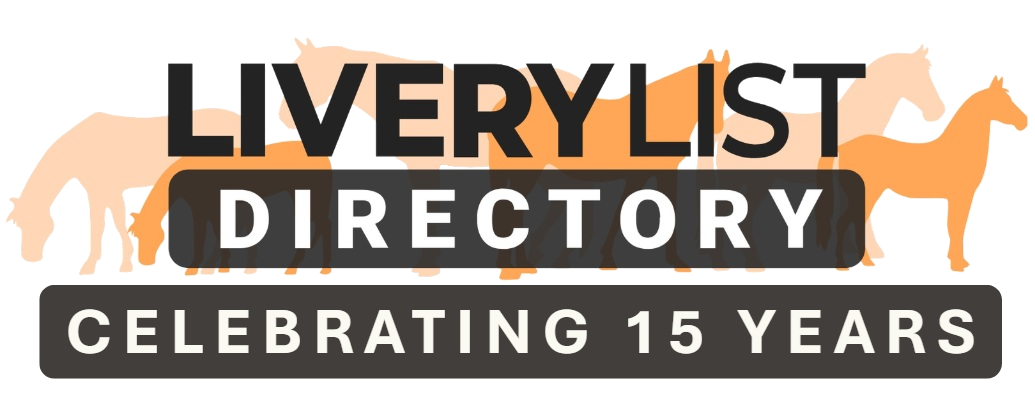Caring for horses and small pets like rabbits or guinea pigs means thinking a lot about hay. Hay is more than just something to nibble on—it’s the foundation of their diet and a big part of their overall health and happiness.
But not all hay is the same, and knowing the different types can help make sure your animals get exactly what they need, whether they’re big or small.
The Basics: What Makes Good Hay?
Good hay all starts out in the fields. Cutting the grass or legumes at just the right time and expertly growing, mowing and drying it ensures the best quality and nutrition.
When you pick up a bale or order hay online, you want it to smell fresh, long stem and look green.
Hay that’s dusty, mouldy or full of foreign objects just won’t provide what animals need and can even cause health problems.
Popular Hay Types for Horses
One of the most common types of hay fed to horses is Timothy. It’s popular because it has a great balance of protein and fibre, perfect for adult horses that are in moderate activity or those that are prone to laminitis. It’s a coarser texture, making it a favourite for many.
Meadow hay, on the other hand, offers more variety since it’s a natural mix of grasses. This variety can be good for horses who are in low to moderate levels of work, and appreciate different flavours and textures.
Alfalfa is a legume hay that’s high in protein and calcium, so it’s a great choice for growing foals or mares that are pregnant or producing milk. But for horses that don’t need that extra richness, alfalfa can be too much.
Each of these hay types suit different horses depending on their energy needs and health. For example, the experts at M&T Haylage make sure the hay they supply keeps its of the best quality and nutrition possible with their expert harvesting practices.
What About Small Pets?
Small animals like rabbits, guinea pigs, chinchillas, and degus need hay just as much as horses.
For small pets, hay is not a side treat but should represent the main part of their diet. It keeps their digestive systems working well and helps wear down teeth that never stop growing.
Timothy hay is the most popular for these small pets because its long, coarse fibres encourage chewing, which supports healthy teeth.
Meadow hay gives these pets a mixed diet with varied grasses, keeping mealtime more interesting. Oat hay or ryegrass hay is great to feed for added enrichment or to encourage more selective eaters.
No matter their size, animals thrive best on hay that is high quality and dust extracted. Poor-quality hay can lead to digestive and respiratory issues, and simply unhappy pets.
Why Quality Hay is Important
Choosing the right hay is about more than just feeding animals – it’s about supporting their health too.
Low quality hay can cause all kinds of problems, from allergies to nutritional deficiencies. But premium hay boosts digestion, encourages natural foraging behaviour and helps animals feel their best every day.
HayDay is passionate about delivering hay that meets these high standards.
Finding the Right Hay for Your Animals
If you’re ever uncertain about which hay to choose for small pets, the HayDay team is always ready to offer guidance.
Their selections cover popular hay types suited to different needs and life stages, ensuring small pets have access to the best. Investing in quality hay is an investment in your animal’s health and happiness for years to come.
